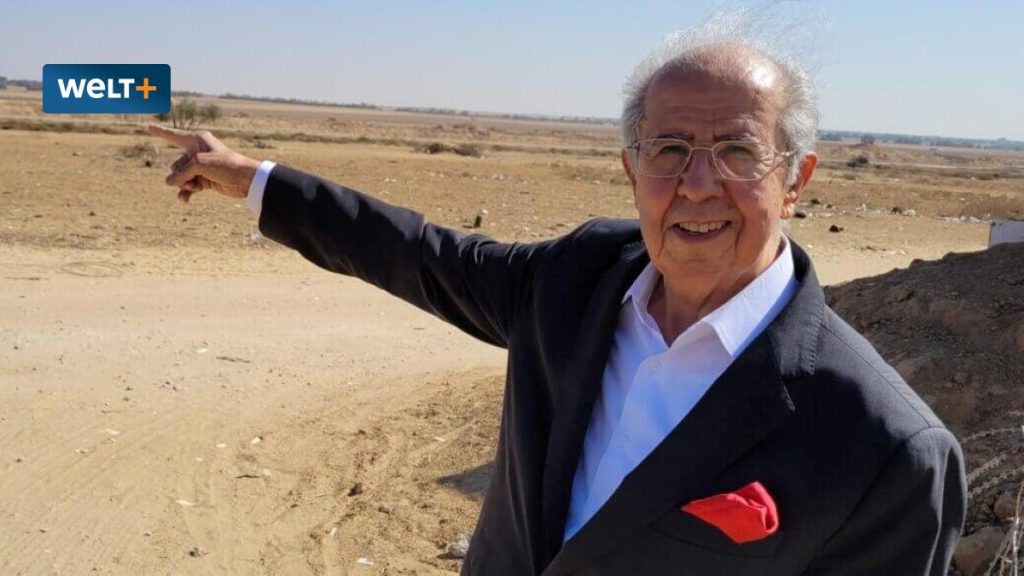Palestinian researcher Salman Abu Sitta recently made an appearance alongside the top Hamas leader at a conference held by the terrorist organization in Gaza. This has raised concerns and controversy, especially as Abu Sitta is scheduled to give a keynote speech at a large event in Berlin in mid-April, organized by far-left Israel critics. The pairing of Abu Sitta with Hamas has sparked debate about the researcher’s affiliations and potential support for terrorist groups.
Abu Sitta’s appearance at the Hamas conference and upcoming speech in Berlin have drawn attention to his views and positions on the Israeli-Palestinian conflict. Critics argue that his association with Hamas and participation in events organized by anti-Israel groups suggest a bias and lack of impartiality in his research and advocacy work. Supporters, on the other hand, defend Abu Sitta’s right to engage with different political actors and express diverse perspectives on the conflict.
The decision to invite Abu Sitta to speak at the event in Berlin has led to outcry from pro-Israel groups and politicians, who condemn the perceived legitimization of terrorist organizations through his participation. They argue that giving a platform to individuals with ties to Hamas undermines efforts for peace and perpetuates divisions between Israelis and Palestinians. The controversy surrounding Abu Sitta’s involvement in the conference has reignited discussions about the role of academics and researchers in promoting dialogue and understanding in conflict zones.
As news of Abu Sitta’s upcoming speech spreads, calls for his disinvitation and condemnation of his association with Hamas continue to grow. Critics point to Abu Sitta’s past statements and actions, which they claim reflect a biased and one-sided approach to the Israeli-Palestinian conflict. The controversy surrounding his participation in the Berlin event underscores the challenges of navigating political sensitivities and differing perspectives in discussions about the Middle East.
In response to the mounting criticism, Abu Sitta has defended his decision to engage with Hamas and attend the conference, stating that dialogue with all parties involved in the conflict is essential for progress towards a peaceful resolution. He maintains that his work is driven by a commitment to justice and human rights for all those affected by the conflict, regardless of political affiliations. Despite the backlash, Abu Sitta remains steadfast in his belief that open communication and engagement with diverse viewpoints are necessary for fostering understanding and reconciliation.
The controversy surrounding Salman Abu Sitta’s involvement with Hamas and the upcoming event in Berlin highlights the complexities and challenges of addressing the Israeli-Palestinian conflict. As debates over the researcher’s associations and motivations continue, the broader issue of how best to promote peace and dialogue in the region remains unresolved. With tensions escalating and polarized views on both sides, finding common ground and fostering constructive engagement between Israelis and Palestinians remains a pressing concern for policymakers, activists, and scholars alike.


